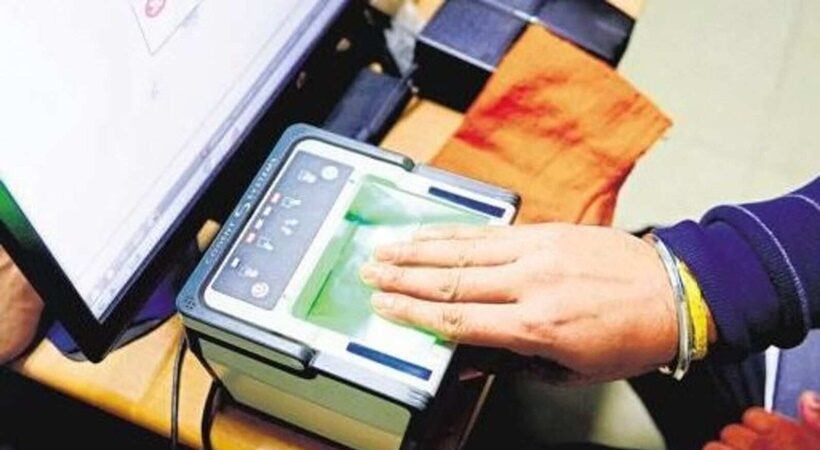The Indian parliament recently passed Criminal Procedure (Identification) Bill, 2022. It seeks to authorize the collection, storage, and analysis of biometric samples of convicts and others involved in criminal matters.
While the Bill faced opposition it was stated that new techniques are essential to tackle new-generation crimes. It should be noted that India is not the only country that has considered applying the collection of Biometrics to certain categories of criminals.
Countries like South Africa, the U.K., Australia, Canada, U.S., and Austria have also introduced laws for collecting biometrics of criminals.
Biometric data can be defined as personal data resulting from specific technical processing relating to the physical, physiological, or behavioural characteristics of a natural person, which allow or confirm the unique identification of that natural person, such as facial images or dactyloscopy data.
There is no law in Austria for the biometric collection and identification of criminals but they do have facial recognition technology in practice.
While the Indian Criminal Procedure (Identification) Bill, 2022 proposes to collect finger impressions, palm prints impressions, footprint impressions, photographs, iris and retina scans, and physical and biological samples, it also seeks the collection of behavioural attributes including signatures, the handwriting of the criminals the Austrian digital picture matching, proposes facial recognition technology in order to recognize the criminal (or suspects).
In 2018, Austria introduced Facial Recognition Technology regulations and use, by amending a few acts such as the Security Police Act (SPG), the Criminal Procedure Law, and the Federal Telecommunications Act.
These amendments enabled law enforcement authorities to access and process public surveillance camera data like data from cameras in train and metro stations, public places, airports, schools and hospitals, in cases of ongoing or imminent danger.
This right can be exercised without judicial or court permission. And it does provide for the use of facial recognition technology.
Minister of the Interior Karl Nehammer emphasized that this technology should be used only to identify unknown perpetrators suspected of intentionally committing a criminal offence.
It must not be used for regular surveillance because the Austrian legal system does not provide for such use. After the test run, the facial recognition technology was incorporated into the normal course of business in the Federal Criminal Police Office.
Following criticism from various data protection entities, the BMI renamed the technology ‘digital picture matching’ but continued to use it without an explicit legal provision.



















